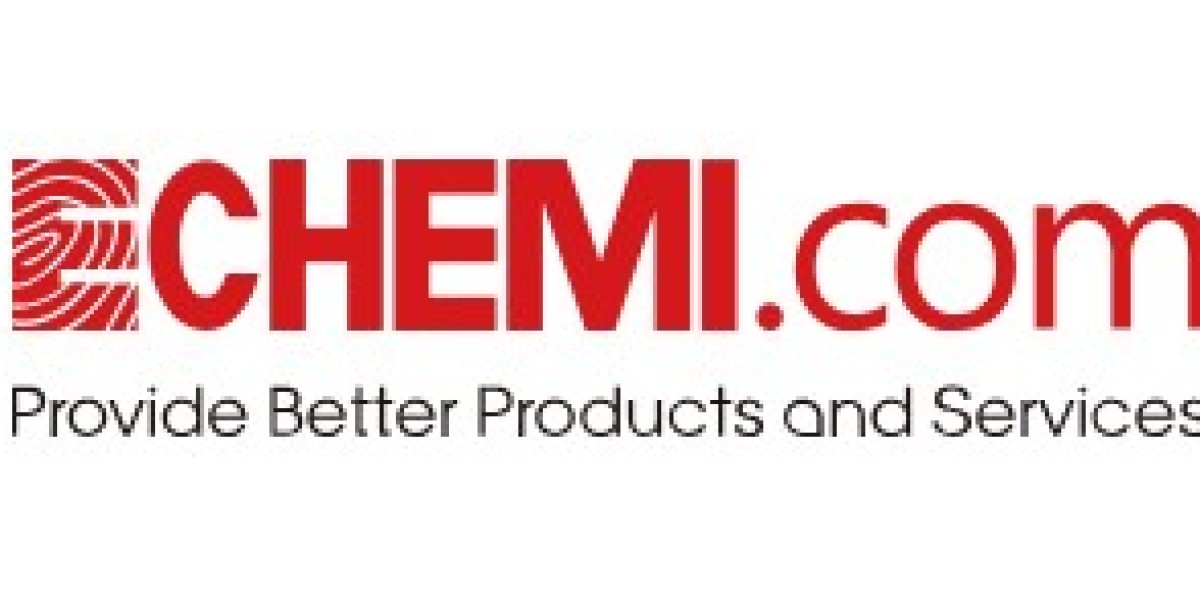Regulatory compliance is a critical aspect of operations for chemical factories, ensuring the safety of workers, communities, and the environment while maintaining legal and ethical standards. Chemical manufacturing involves handling hazardous materials, complex processes, and potential environmental impacts, making adherence to regulations essential for sustainable and responsible operations.
Governments and international organizations have established stringent regulations to govern the chemical industry. These include laws related to workplace safety, environmental protection, product quality, and transportation of hazardous materials. For example, the Occupational Safety and Health Administration (OSHA) in the United States sets standards for worker safety, while the European Union’s REACH (Registration, Evaluation, Authorization, and Restriction of Chemicals) framework regulates the production and use of chemical substances.
Environmental compliance is a major focus for chemical factories. Regulations such as the Clean Air Act, Clean Water Act, and Resource Conservation and Recovery Act (RCRA) in the U.S., as well as similar laws globally, mandate the reduction of emissions, proper waste disposal, and prevention of pollution. Factories must implement measures like air and water treatment systems, waste management protocols, and spill prevention plans to meet these requirements.
Product safety and quality are also governed by regulations. Chemical manufacturers must ensure their products meet safety standards and are accurately labeled to inform users of potential risks. Compliance with regulations like the Globally Harmonized System of Classification and Labeling of Chemicals (GHS) is essential for international trade and consumer protection.
Transportation of chemicals is another area of regulatory focus. Laws such as the International Maritime Dangerous Goods (IMDG) Code and the U.S. Department of Transportation’s Hazardous Materials Regulations (HMR) govern the safe handling, packaging, and shipping of hazardous substances.
Non-compliance can result in severe consequences, including fines, legal action, reputational damage, and operational shutdowns. To avoid these risks, chemical factories must establish robust compliance programs, conduct regular audits, and train employees on regulatory requirements.
In conclusion, regulatory compliance is a cornerstone of responsible chemical manufacturing. By adhering to safety, environmental, and quality standards, chemical factories can protect people and the planet while maintaining operational integrity and fostering trust with stakeholders.



